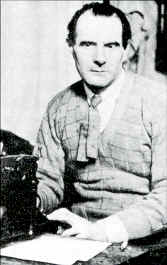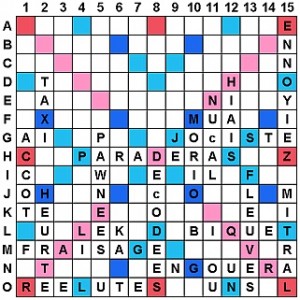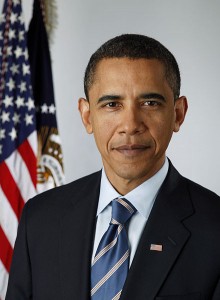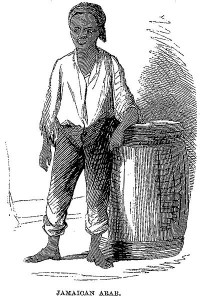We normally discuss spoken accents or dialects. But what about how they are written?
Phonetic transcription isn’t so common in English-language literature these days. And that’s probably for the best. As a reader, I hate it when old novels spell out a character’s accent. I understand the importance of Huckleberry Finn, for example, but I cringe reading Jim’s dialogue, of which this is typical:
“What do dey stan’ for? I’se gwyne to tell you. When I got all wore out wid work, en wid de callin’ for you, en went to sleep, my heart wuz mos’ broke bekase you wuz los’, en I didn’ k’yer no’ mo’ what become er me en de raf’.”
I know it’s a classic and all, but … ugh. Given, if you’re acquainted with contemporary African American Vernacular English, you’ll have an idea of what Twain is indicating here. But as a reader, stretches of text like this are maddening, the textual equivalent of walking through molasses. Writers have mostly stopped pulling stunts like this, and with good reason.
And yet. While the reader in me is aggravated, the accent nut is fascinated. As awkward as spellings like this can be, they can tell us a lot about the way accents have changed.
A relevant example would be the writing of Irish Playwright Seán O’Casey. O’Casey wrote in the vernacular of working-class Dublin (aka “local” or “popular” Dublin), a dialect of which we have precious few recordings that pre-date the mid-20th-Century. In Juno and the Paycock, a play set during the Irish Civil War, he provides us with a rich look at early-20th-Century Hiberno-English. Take a read:
Boyle: Aw, one o’ Mary’s; she’s always readin’ lately — nothin’ but thrash, too. There’s one I was lookin’ at dh’other day : three stories, The Doll’s House, Ghosts, an’ The Wild Duck — buks only fit for chiselurs!
Joxer: Didja ever rade Elizabeth, or Th’ Exile o’ Sibayria? — Ah, it’s a darlin’ story, a daarlin’ story!
Boyle: You eat your sassige, an’ never min’ Th’ Exile o’ Sibayria.
Joxer: What are you wearin’ your moleskin trousers for?
Boyle: I have to go to a job, Joxer. Just afther you’d gone, Devine kem runnin’ in to tell us that Father Farrell said if I went down to the job that’s goin’ on in Rathmines I’d get a start.
While this is a work of fiction, we can make some interesting deductions. For example, the th before r as in words like “try” (thry) and “after” (afther), corresponds to a feature of Irish English whereby ‘t,’ when pronounced near ‘r,’ is dentalized (pronounced with the tip of the tongue against the teeth). This trait is recessive in contemporary Dublin, but spellings like this suggest how very widespread it was 90 years ago.
Also interesting is what isn’t represented. For example, contemporary local Dubliners will often drop the “t” at the end of words, as in are ya goin’ ou’ or it’s good, isn’t i’. The fact that there are almost no noticeable transcriptions of this kind in Juno and the Paycock suggests this feature may not have fully emerged until a bit later in the 20th-Century. So we can get hints as to what has been lost as well as what has been gained.
Of course, these are vague impressions from a literary work, rather than any kind of rigorous analysis. But they illustrate the way this type of writing can arguably serve an important historical purpose. So I’m on the fence. How do we feel about the linguistic value of this kind of dialogue, no matter how much of an eyesore it may be?
*Fans of Irish English will notice that there is a phonetic transcription of sorts in the title: ‘Paycock’ is a rendering of ‘peacock’ in traditional Dublin English.








